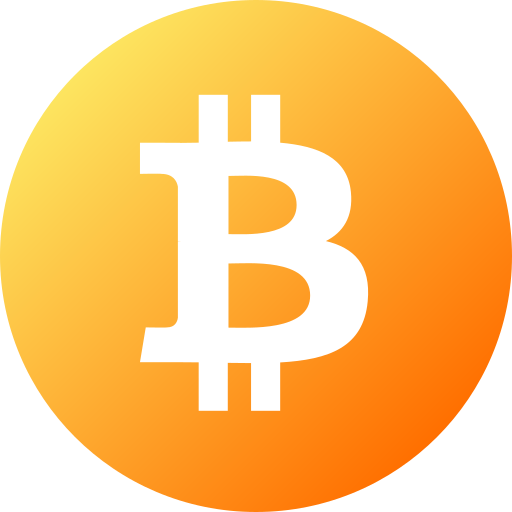Consensus Toronto 2025 Coverage, CT2025, Opinion Whoever wins the election April 28, Canada has the expertise, historical past, and agility to turn into the primary G7 nation to totally embrace a blockchain-forward future.
Over the previous a number of years, world discourse round blockchain has been dominated by the United States — its legislative gridlock, inter-agency turf wars, and intermittent moments of regulatory readability. As the U.S. continued to grapple with its inside contradictions, different jurisdictions have sought to fill the void. Switzerland, Singapore, Hong Kong, Dubai, and Gibraltar positioned themselves as crypto hubs. Yet, every of them confronted a important limitation: none have been pure facilities of technological innovation at world scale.
Canada, in contrast, holds an often-overlooked however exceptionally strategic place. Not solely is it geographically and culturally aligned with the United States, nevertheless it additionally shares a kindred entrepreneurial ethos. More importantly, Canada has deep, natural roots in blockchain innovation. Ethereum — arguably an important programmable blockchain platform, second solely to Bitcoin by market capitalization — was conceived in Toronto.
William Mougayar is the Toronto-based creator of the best-selling e-book, The Business Blockchain. Consensus 2025 takes place in Toronto May 14-16.
Blockstream, the core Bitcoin infrastructure firm, relies in Montreal. It is commonplace to search out Canadian engineers, builders, and executives enjoying pivotal roles in main U.S. blockchain corporations. Thousands extra contribute independently as blockchain technologists and software program builders.
Beyond this historic significance and expertise base, Canada has a important structural benefit: agility. Where the United States is weighed down by institutional complexity, Canada might be nimble.
In the U.S., the trail to coherent crypto regulation stays tangled in bureaucratic inertia. Legislation shuttles between the House and Senate, usually stalling or contradicting itself. Agencies such because the SEC and CFTC proceed to compete for jurisdiction. Even with the appointment of a White House crypto czar and an govt director, implementation continues to lag. For all its ambition, the U.S. regulatory machine strikes like a supertanker — sluggish to pivot and burdened by procedural friction.
Canada, in distinction, advantages from fewer layers of presidency, nearer coordination between companies, and a regulatory tradition that — when sufficiently motivated — can reply with pace and readability. This structural simplicity presents a uncommon alternative: Canada can leapfrog the U.S. by turning into the primary G7 nation to undertake a coherent, innovation-friendly blockchain technique.
Here’s what that plan might appear to be:
- Welcome world blockchain corporations. Attract top-tier expertise and startups with streamlined immigration pathways, R&D credit, focused tax incentives, and daring partnerships.
- Establish a crypto-friendly tax regime. Modernize tax coverage to assist — not penalize — the use and holding of digital property. Capital good points therapy, staking revenue, and token issuance guidelines should be clarified and calibrated to encourage innovation.
- Clarify and streamline regulation. Strong shopper safety and monetary integrity stay important, however ambiguity and overreach threat undermining innovation. Canada can provide clear, proportionate, and globally revered guidelines of engagement.
- Mandate crypto entry inside Canadian banks. Facilitate institutional adoption by encouraging banks to combine blockchain techniques and allow seamless, safe entry to regulated crypto platforms, together with holding stablecoins.
- Integrate blockchain into capital markets. Empower TMX and provincial exchanges to checklist permitted digital property and stablecoins. Allow registered dealer-brokers to supply decentralized finance (DeFi) merchandise to retail and institutional shoppers.
- Promote blockchain use inside the authorities. Encourage public companies to pilot blockchain purposes, sharing outcomes and finest practices to speed up adoption throughout departments and companies.
- Establish a nationwide cryptocurrency reserve. In coordination with the Bank of Canada, discover holding choose digital property on the nationwide steadiness sheet — an concept whose time has come.
All of those steps are half of a bigger crucial: future-proofing Canada’s financial system. Blockchain is now not an rising expertise — it’s actively reshaping sectors similar to finance, digital identification, provide chains, and gaming. Countries that lead in its adoption will reap the financial dividends and form the structure of the digital age.
The United States might have scale, momentum, and an aggressive mindset, however additionally it is paralyzed by inside battle and structural inefficiencies. Canada, in contrast, is sufficiently small to be agile, but giant sufficient to make an affect.
Canada should act. The alternative to guide in blockchain innovation remains to be broad open. Canada is uniquely positioned to grab it. No matter the end result of the election on April 28, any critical nationwide agenda should embrace a daring and forward-thinking blockchain coverage.
CoinDesk: Bitcoin, Ethereum, Crypto News and Price Data Read More
